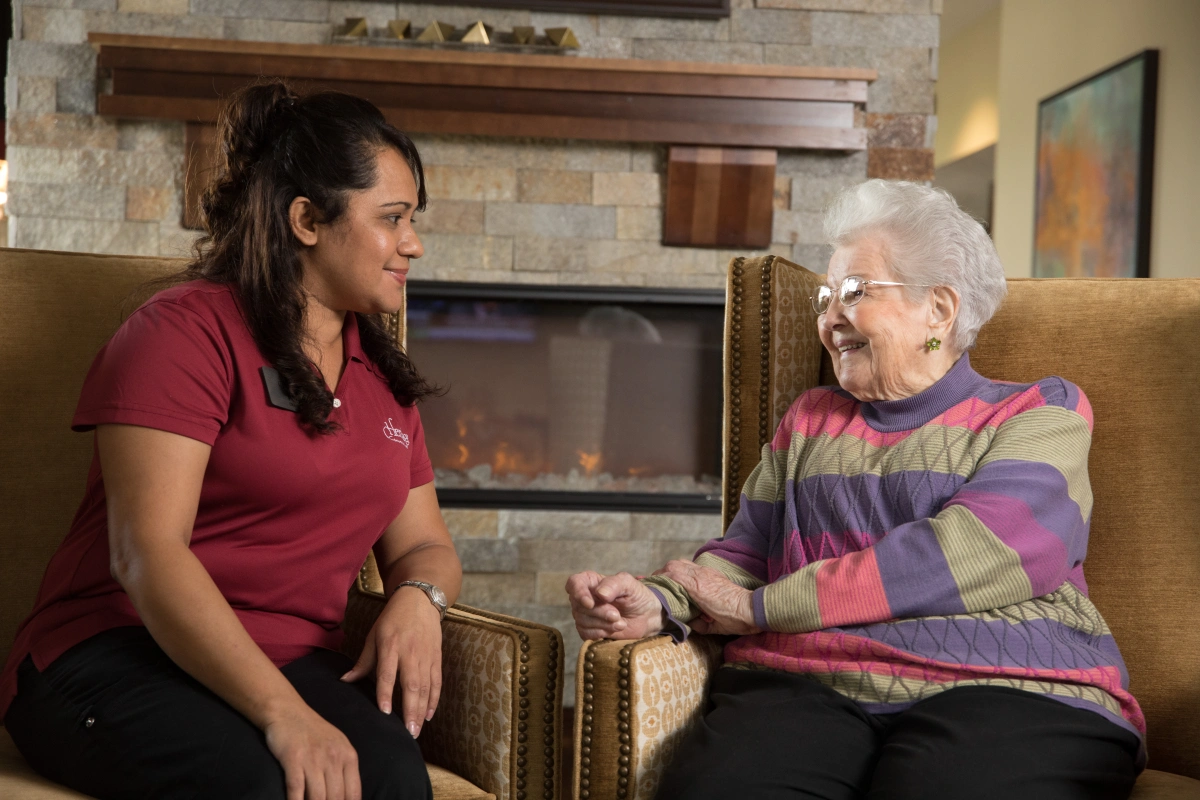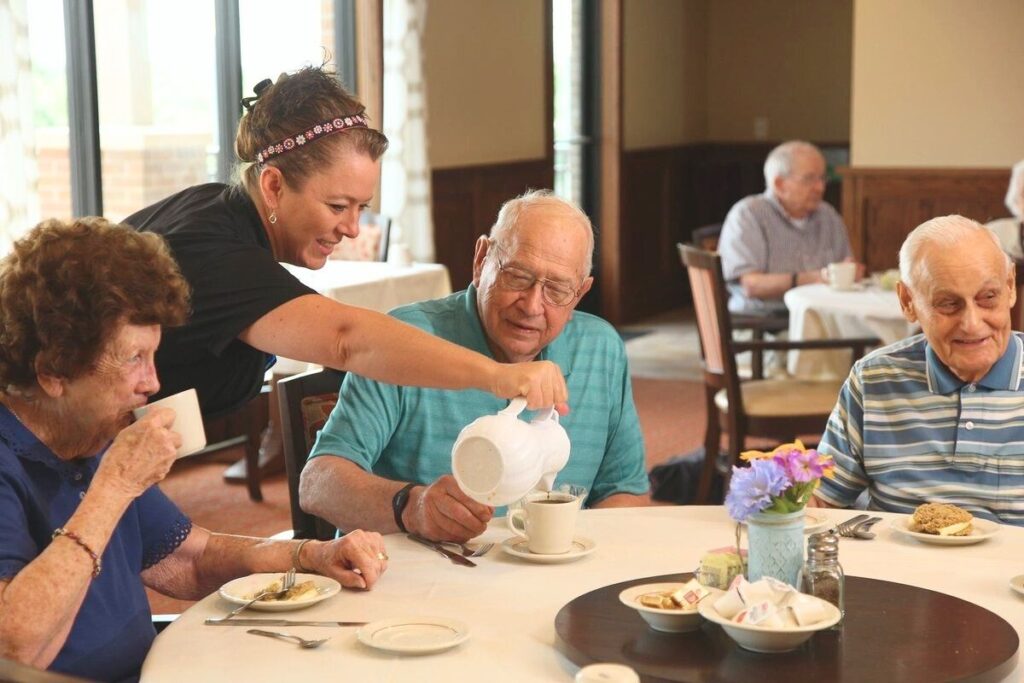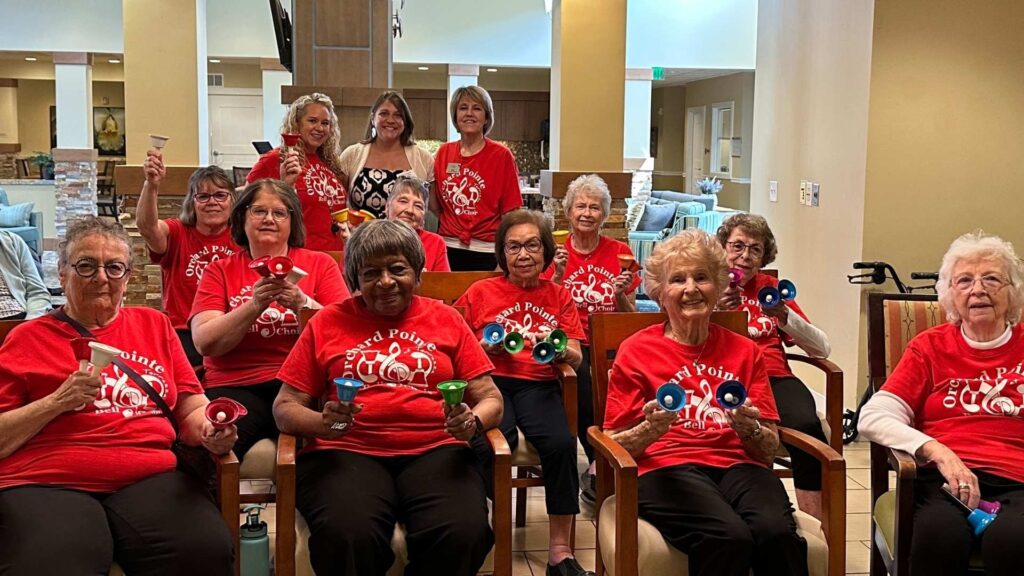Resources at Heritage Communities
Information and Resources
As a leader in the development and management of senior living communities in Nebraska, Iowa, Arizona, and Texas, Heritage Communities is a name synonymous with compassionate care.
The entire team at Heritage Communities, from our home office to the caregivers who develop strong relationships with you and your loved ones, is dedicated to our core values of compassion, trust, respect, fun, and always learning. These principles guide us in creating a supportive and joyful environment for our residents, associates, families, and everyone we touch.
Fun truly is a pivotal part of our programming. We foster a culture of friendship through the meaningful connections we build with each of our residents and their families, whether it’s offering a friendly face and a listening ear, opportunities for exploration of old passions and new hobbies, or simply a relaxing place to thrive with friends, Heritage Communities is here for you. Discover Living Better with us!
We know that choosing a retirement community for yourself or a loved one is an important and difficult decision, as you only want what’s best for your loved one. To make this journey easier for you, we invite you to browse our range of resources for valuable information and insights about what senior living in a Heritage community is all about.
We are here to answer your questions and provide the support you need. Feel free to reach out to us at 402.603.0358 for any assistance.
Heritage Communities is proudly based in Omaha, NE. You can find us at:
16934 Frances Street
Omaha, NE 68130
Senior Living Options

Explore the variety of living options available at Heritage Communities.
Download Senior Living Options GuideFamily Decision Tool Kit

Our family decision tool kit is designed to help you and your loved ones navigate the choices involved in selecting the right senior living community.
Download Family Decision ToolkitFunding Senior Care

Understanding the financial aspects of senior care can be overwhelming. Our funding senior care guide is here to help.
Download Funding Senior Care GuideStay or Go Guide

Deciding whether to stay at home or move to a senior living community is a major decision that requires many factors to consider. Let us help you understand them.
Download Stay Or Go GuideChoosing the Right Community

Explore questions and tips to help you assess whether a community is the right fit for you or your loved one.
Download Choosing The Community GuideQuestions to Guide You
When visiting and evaluating any senior living community, it’s important to ask the right questions. Check out our lists of things to ask to be prepared before your tour.

Cost Comparison
This tool will help you evaluate your options, comparing the investment in life within a social senior living community with the full cost of remaining at home.
As you learn more about senior living at Heritage Communities, use our outlines on the benefits and household expenses included in our independent and assisted living communities. Discover the full scope of the value we offer.
Our Blog
ArticlesWe want to hear from you! If you have any questions or need more information, please contact us at 402.603.0358.









